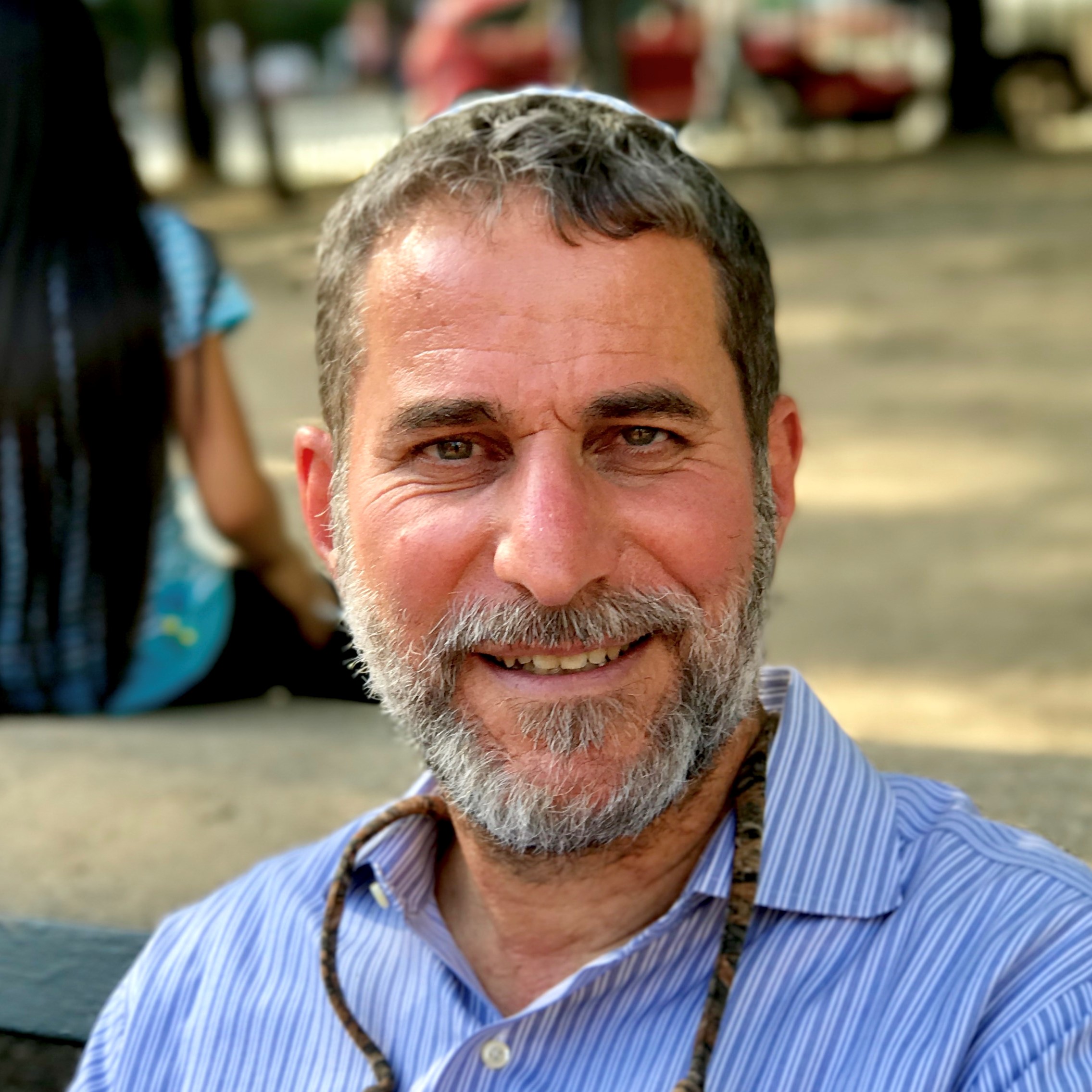Beit Midrash
- Torah Portion and Tanach
- D'varim
- Re'e
There is an old adage in English usage that "seeing is believing." The Talmud phrased this message as follows: "There is no comparison between hearing about something to actually having seen it." In this week’s parsha Moshe tells the Jewish people that the choices in life are not necessarily always those of faith and belief as much as they are of reality and experience. The truth of Torah and tradition is indicated in the clear history of the Jewish people and in the reality of its existence and survival. It is said that insanity is the pursuit of a goal by the same methods that have never succeeded before and yet pursuing the same methods over and over again. The problems of Jewish survival and growth are evident to all, here in Israel and wherever Jews live in the world. Clearly it should be evident to all that Jewish survival and growth is not accomplished by compromising Judaism to fit current political and social correctness which are societal fads that always shift with time and place. Simply scanning the debris of the wrecked ideas, ideologies and policies that dominated much of Jewish life over the past two centuries should convince the rational observer that Jews need more Judaism and not less and that the preservation of Jewish values and practices is the key to successful Jewish life and accomplishment. Seeing the success of tradition and its values in the preservation of the Jewish people against all odds and challenges should make all of us believers. Unfortunately that is still not the case.
The choices that Moshe poses for Israel to decide upon are very stark - life and death, blessings and curses, immortality and fleeting life. Moshe expects the Jewish people to choose wisely. He bases his hopes on the recollections of the past decades of Jewish life that he has led. Simply by remembering what they already know and have experienced should be /sufficient to guide the Jewish people on the path of wisdom and practicality. Our generation, having assessed and experienced all of the wrong turns in the road of Jewish history over the more recent past should surely know by now that loyalty to Torah, its scholars and teachers, is the key to our future success/ Yet Moshe is aware that the power of freedom of choice and the strength of physical desires are never to be underestimated. He knows in sadness that the Jewish people will not be realistic in its choices and that it will forget and ignore the lessons of its own history and collective experience. The pull of foreign cultures and overbearing physicality will influence them. Seeing will not be believing. And thus Moshe sets the stage for the bitter prophesies that will yet follow in this book of Dvarim. The bitter realties of persecution and unreasoning bigotry will awaken Israel to its true state of being and to its continuing mission as being God’s people. But by having proper sight and practical wisdom a great deal of national pain can certainly be avoided.
Uprooting Idolatry and Outreach (Kiruv)
Rabbi Moshe Leib Halberstadt | 24 Av 5783

The Second Tithe and Strong Societies
Rabbi Jonathan Sacks Z"tl | 27 Av 5782
Re’eih
Rabbi Berel Wein zt"l | 5772























